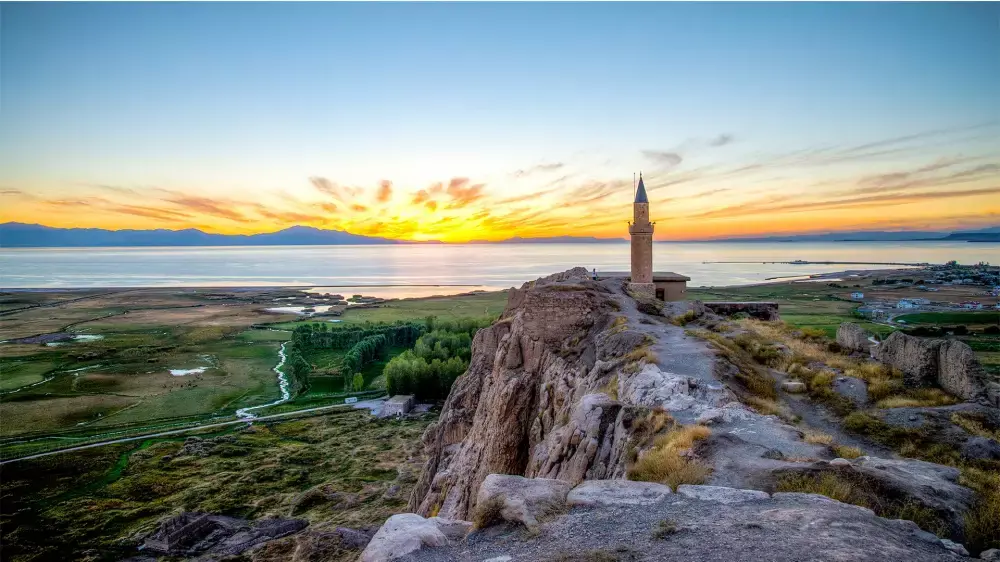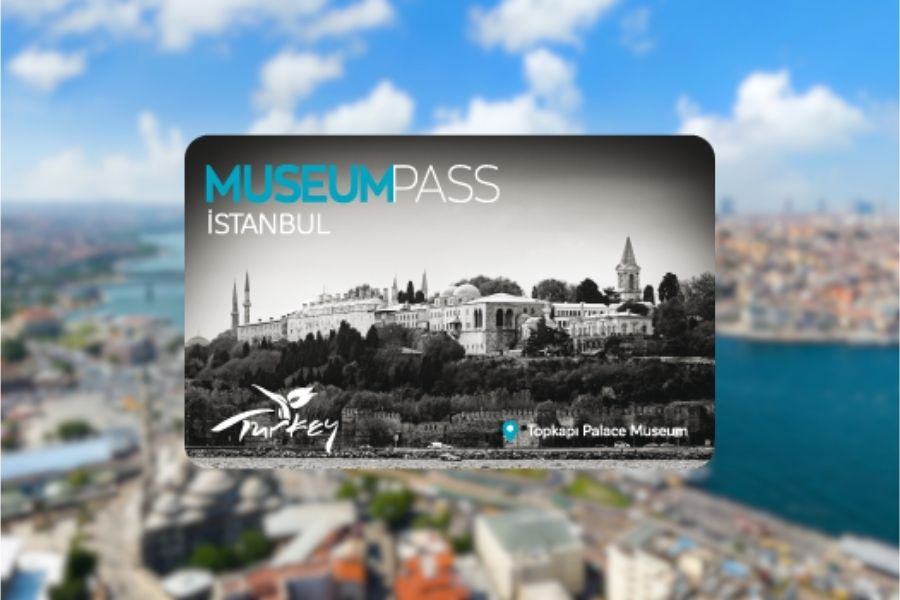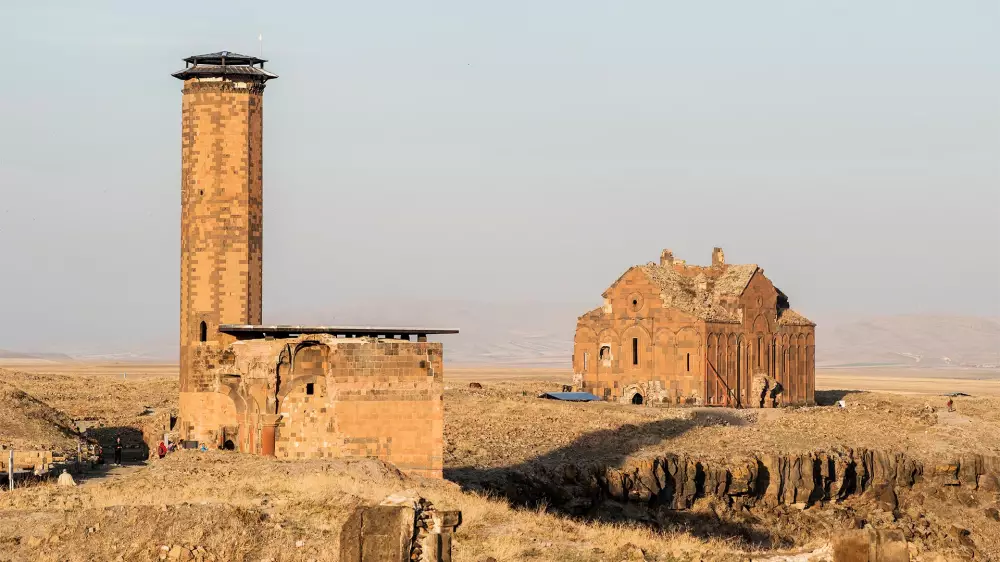
Van From Past to Present: How Was Van's Fascinating Cultural Richness Created?
It is the gate of Mesopotamia opening to Anatolia, a region that fascinates every visitor with its marvels and wonders. Its age-old history dating back to the 6000s B.C. is marked with wars, devastation, peace, and faith… With the largest lake in Turkey rife with myths and legends embraced in an environment of spectacular natural beauties, Van is a legendary city of exceptional natural beauty and historical heritage.
There are so many reasons to visit Van… It invites people through a call full of age-old wisdom and mysticism, saying, ‘’Come, see and enjoy what I have to offer.’’
As already mentioned, the city boasts of a history that goes back 6000 years… Well, who were the people who lived here and established civilisations on this fertile ground? How did they live? What did they believe in? What were the values they all stood for? …
First, we should have an idea of the location of the city. The city is located on the closed basin of the Van Lake at the north of the Murat River (Upper Murat), also called Eastern Euphrates. In a region rich in water sources, which has served as a gate from Mesopotamia into Anatolia, numerous civilisations flourished here throughout history. It has such a significant geopolitical location that many states fought wars to conquer the region throughout history.
The first human community that settled here were Hurrians who ruled in the region between 3000 and 2000 B.C. Then several principalities ruled the area. For instance, the cultures of the Urartian and Nairi Principalities left their imprint in these fertile lands until the 13th century B.C. But Assyrians had an eye on the region and put great pressure on these states ruled by princes. However, they combined their forces against the Assyrian threat in the 9th century B.C. and established the Kingdom of Urartu, today known as the antique Kingdom of Van, with the capital city in Tushba. In the following centuries, the region in and around Tushba experienced a golden age in terms of cultural, political, and commercial respects. It was in this time that İshpir, son of Sarduni, King of Urartu, had aqueducts, canals, and dams erected in the region. The foundations of the Castle of Van that has survived in good condition were also laid in that period. Thus, while their act of 'combining forces not to get destroyed' saved a civilisation, it has also left us a heritage of extraordinary culture and history.
This civilisation that flourished in the region for 3 centuries, prospering the region with its rich culture, was eventually conquered by Iranian Medes in the 7th century B.C. and got lost in the dusty pages of history, as a result of which the region came under the rule of Medes and Scythians, their allies. Then the region became a territory of Persians. These marvellous and fertile territory also attracted the attention of Alexander the Great who conquered the region in 331 B.C. In the following centuries, many states brought the region under their sovereignty from the Seleucid Empire, Roman Empire, Parthians, Byzantine Empire to Sassanid Empire, Abbasids, Armenians, Anatolian Seljukian State, Ottoman Empire, and the territory was ultimately inherited from them by the Republic of Turkey.
Throughout history, numerous civilisations and cultures have established and flourished in the city, gifting a rich culture to the area in many aspects from cuisine, language to traditions, and styles of conversation. The city was occupied by Russians in 1918 and relying on a liberal spirit which was passed down from the past civilisations and flourished here, it was set free after an occupation of about three years. After centuries of intense occupation, revolts, and independence wars, the city of Van, today located within the territory of Turkey, has become a city of specific identity, fully aware of its freedom.



